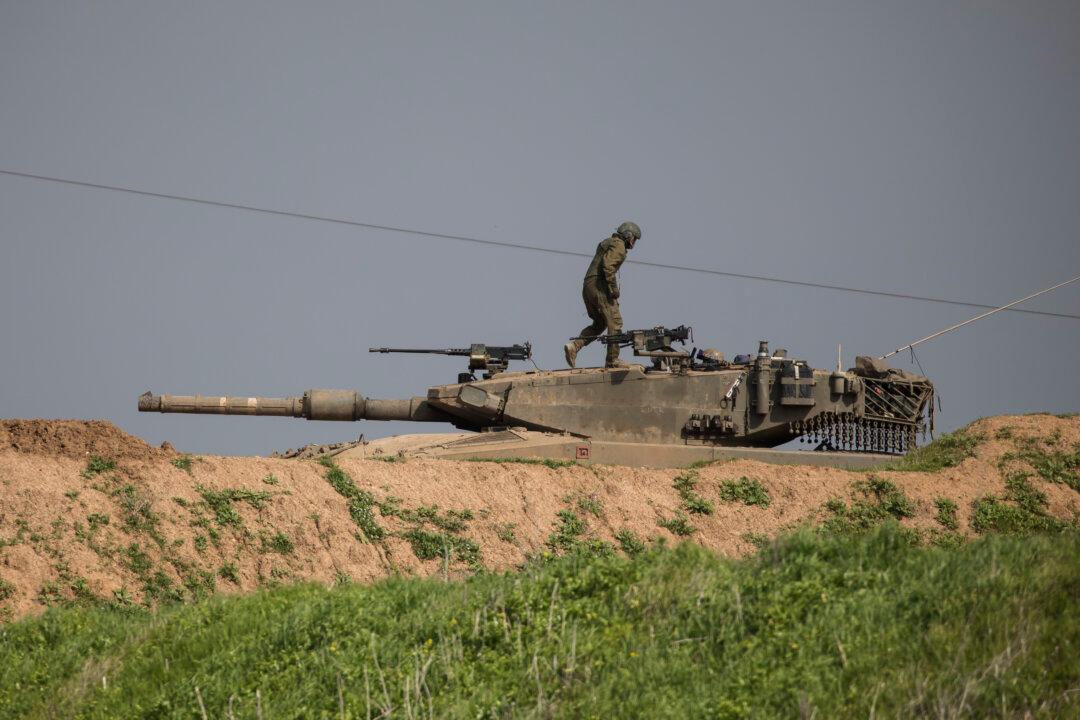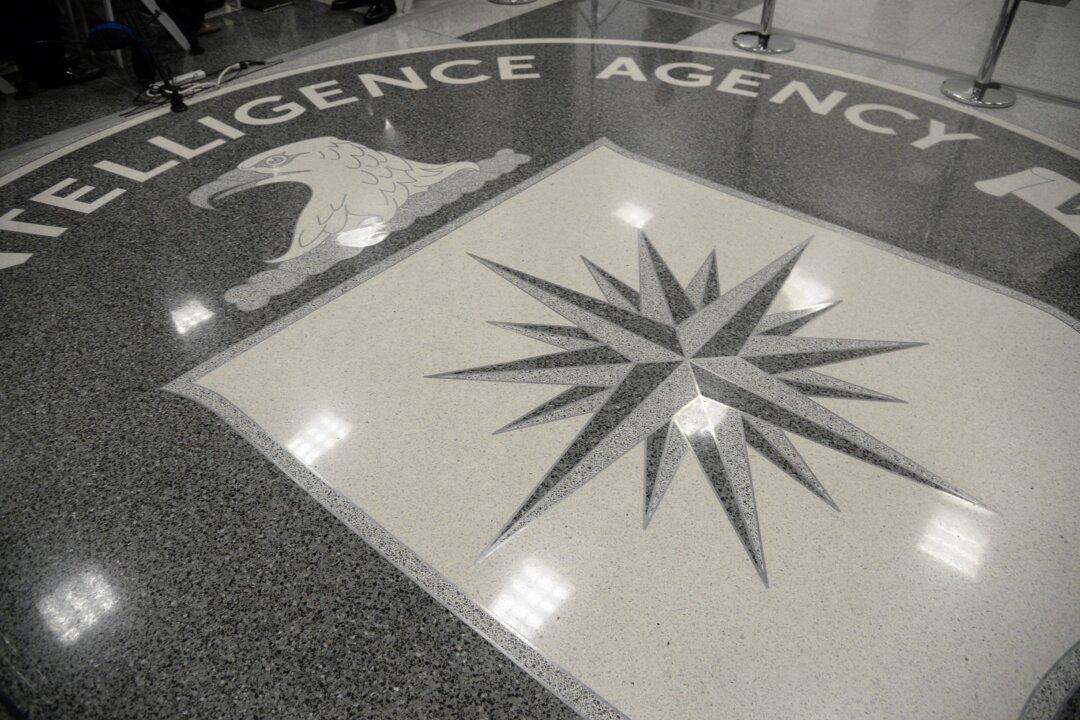President Joe Biden issued a renewed call for a cease-fire in the Israel–Hamas war on Aug. 8, along with Egyptian President Abdel Fattah el-Sisi and the Emir of Qatar Sheikh Tamim bin Hamad Al Thani.
“It is time to bring immediate relief both to the long-suffering people of Gaza as well as the long-suffering hostages and their families,” the three heads of state said in a joint statement after 10 months of fighting in the Gaza Strip.





